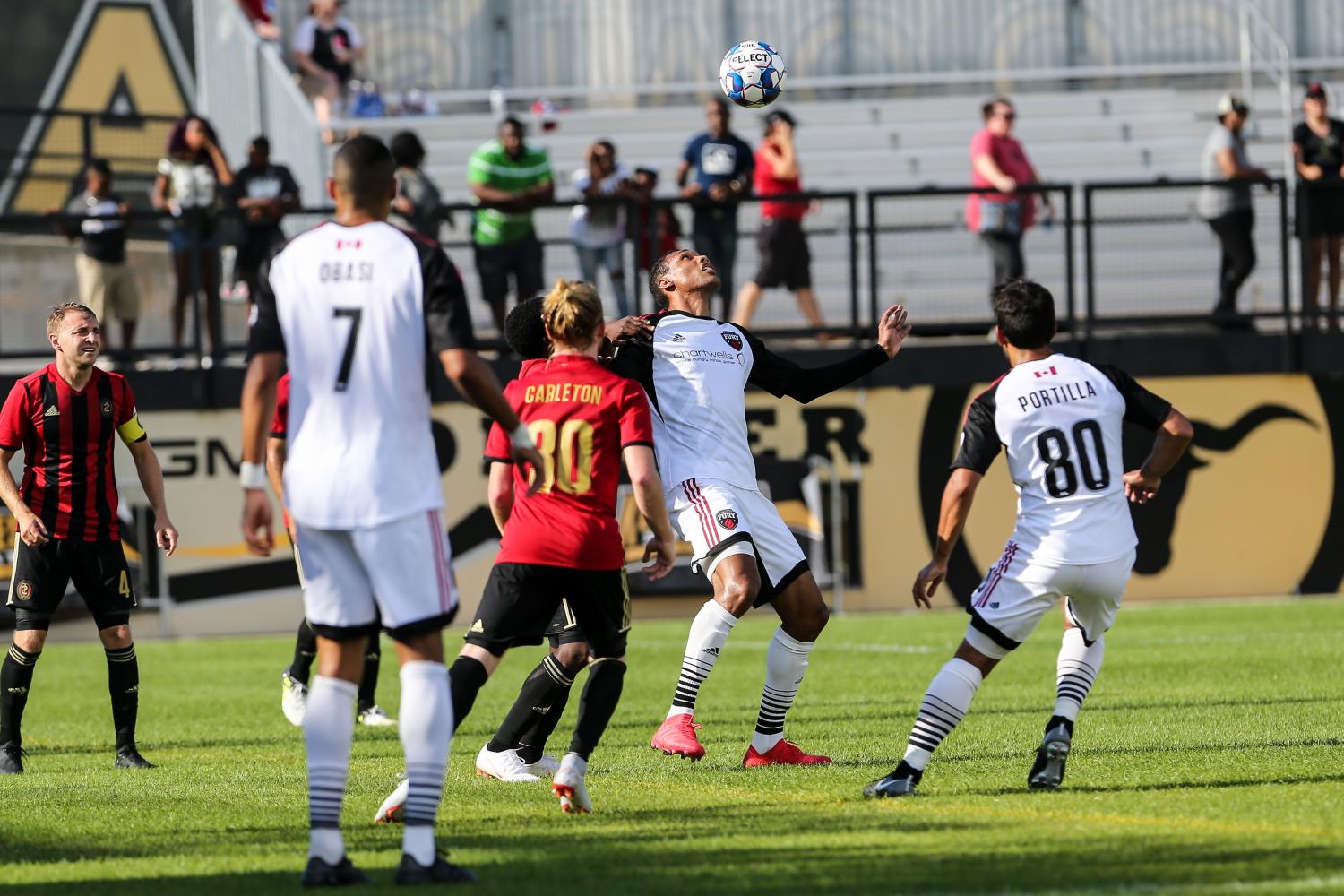
Using Mental Rehearsal to Bring Your Sports Game to the Next Level
Every athlete, from the beginner to the professional, can benefit from using mental rehearsal to improve their game. This holds true for athletes and competitors in every sport arena including the weekend warriors or duffers, to the skilled martial artist, dancer, bowler, dart player, hockey and / or soccer player. Although, this article deals with sports, these core skills are generalizable to other areas of life (studies, difficult conversations, work or hobbies).
 The benefits of mental rehearsal include: enhancing learning and skills improvement, improving practice and game time performance, strengthening the mind-body connection, boosting confidence and controlling emotional responses. Research has shown that mental rehearsal can actually increase muscle growth required for a sport. Given the list of benefits, it is obvious that mental rehearsal can give an athlete a competitive edge. While there are several theories on why this works, one general idea is that as we rehearse the activity, we create the neural pathways and networks in the same way as if we had actually practiced physically. Unfortunately, many people do not know how to do practice this technique to maximize their performance results.
The benefits of mental rehearsal include: enhancing learning and skills improvement, improving practice and game time performance, strengthening the mind-body connection, boosting confidence and controlling emotional responses. Research has shown that mental rehearsal can actually increase muscle growth required for a sport. Given the list of benefits, it is obvious that mental rehearsal can give an athlete a competitive edge. While there are several theories on why this works, one general idea is that as we rehearse the activity, we create the neural pathways and networks in the same way as if we had actually practiced physically. Unfortunately, many people do not know how to do practice this technique to maximize their performance results.
You can rehearse simple or complex skills, scenarios you are familiar with, new scenarios, as well as the emotional state you wish to achieve. Here are the keys for how to practice mental rehearsal effectively.
The first key is to make the image as real and precise as possible. Imagine exactly how you would stand, where would your opponent be, the time of day, and so on. The more details you add, the more real you can make the image.
In a similar vein, the second key is to use all of your senses in your mental imagery. Imagine the smells, sounds, sights, feelings, taste, if applicable, and proprioception (the sense of how your limbs are oriented in space).
While the third key is interrelated to the first two keys, it is so essential that it needs to be listed separately. It is to practice how you want to feel. During the rehearsal, you should imagine being completely focused on the task, filtering out all distractions and “being in the zone”. You want to engrain sensations of confidence, self-control and composure under pressure. Practicing these feelings will allow you to get into this mind space more easily during the sporting event.
The next key is to imagine things happening in real time. If you are learning a new skill you can slow it down to look at the details and then speed up the image to real-time. You need to incorporate into your practice rehearsal of the skills at the speed you will perform them on the field or in the ring.
The penultimate key is to imagine doing the activity from a variety of perspectives. To do this you should feel the activity as if you were living it from the first-person perspective and then imagine watching a video of you doing it from a third-person perspective. Some people also report success when they imagine the experience from their teammates or opponents perspective.
The final key is to plan time to mentally rehearse these keys at a time and in a place where you will not be disturbed. Just as you devote time to the physical aspects of the game, take time for the mental aspects of the game. Recommendations vary about the amount of time that you should practice these exercises and the circumstances vary for each person. My recommendation is to mentally rehearse 4-10 minutes every day supported by longer sessions 2-3 times a week.
If you have problems seeing images (visualizing), do not worry; just “imagining” the sport and the skill sets that you want to practice works as well. If you find it difficult to do mental rehearsal on your own, you can seek out MP3s or watch videos of professionals performing your sport, then close your eyes and imagine doing it yourself exactly the same way. You may choose to see a performance coach, hypnotist or other trained professional as they can offer a different point of view, specific feedback and skills to work on and guide you further through these exercises.
So go ahead, take time to practice mental rehearsal and give yourself the competitive edge.
By Derrick Barnes
 Derrick Barnes, RSW Certified Clinical Hypnotherapist, uses the latest techniques and evidence-based research to help you focus on reaching your goals. His approach combines coaching techniques, solution-focused brief hypnotherapy and mindfulness. Even though Derrick focuses on future successes and not past challenges, he will, upon request, offer various other services such as past life regression or energy work. You can find Derrick at Ottawa Holistic Wellness.
Derrick Barnes, RSW Certified Clinical Hypnotherapist, uses the latest techniques and evidence-based research to help you focus on reaching your goals. His approach combines coaching techniques, solution-focused brief hypnotherapy and mindfulness. Even though Derrick focuses on future successes and not past challenges, he will, upon request, offer various other services such as past life regression or energy work. You can find Derrick at Ottawa Holistic Wellness.








